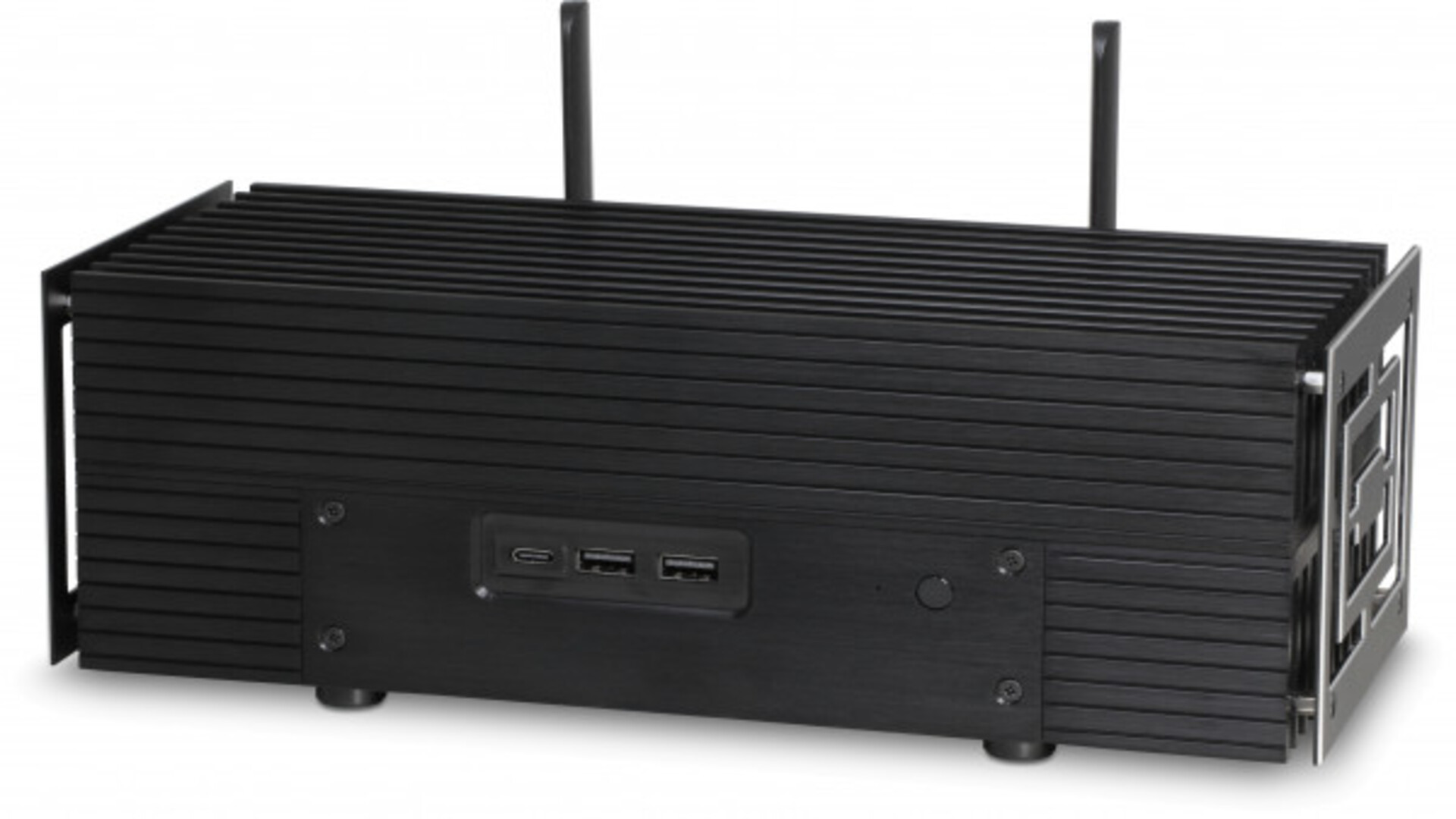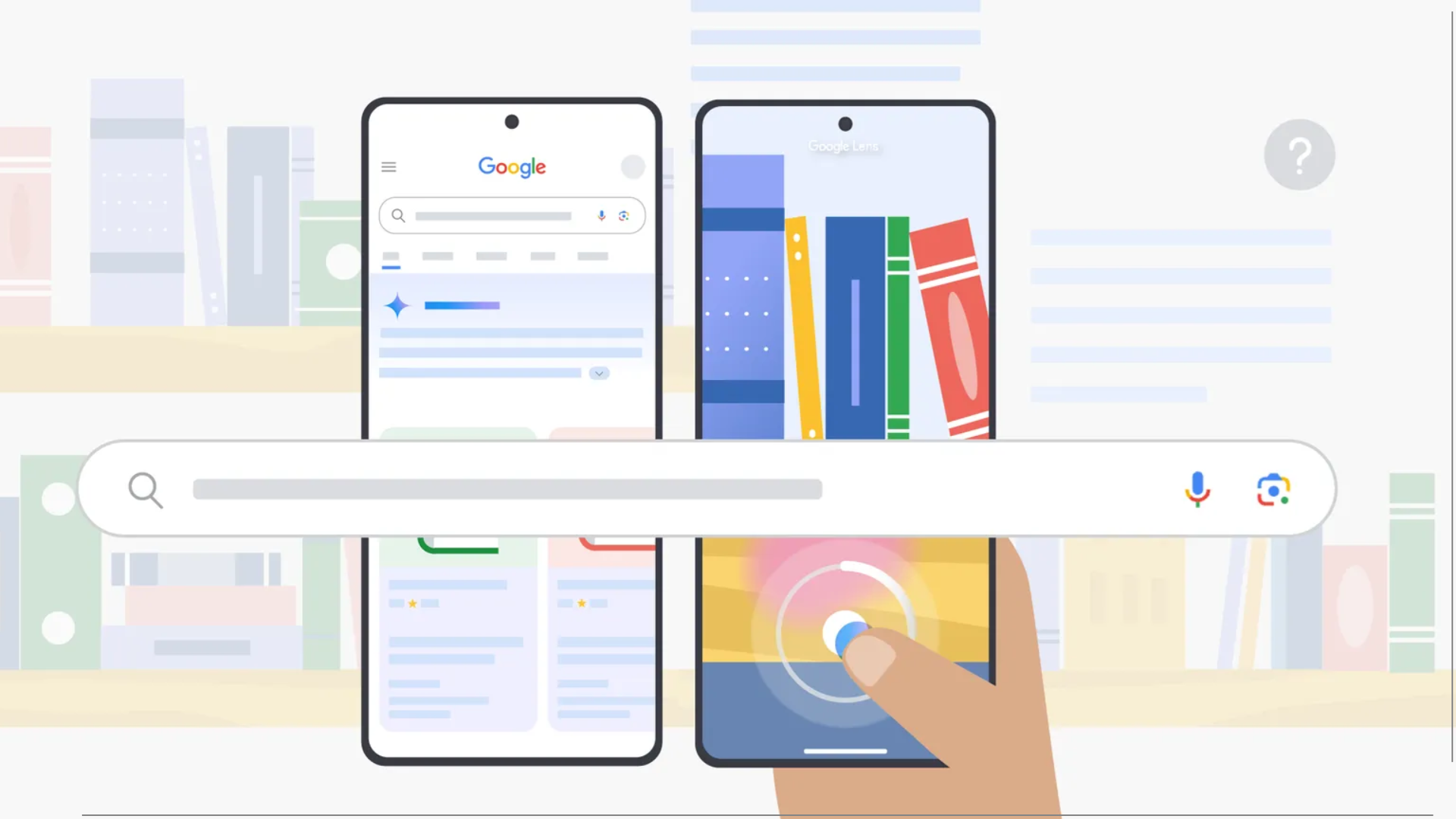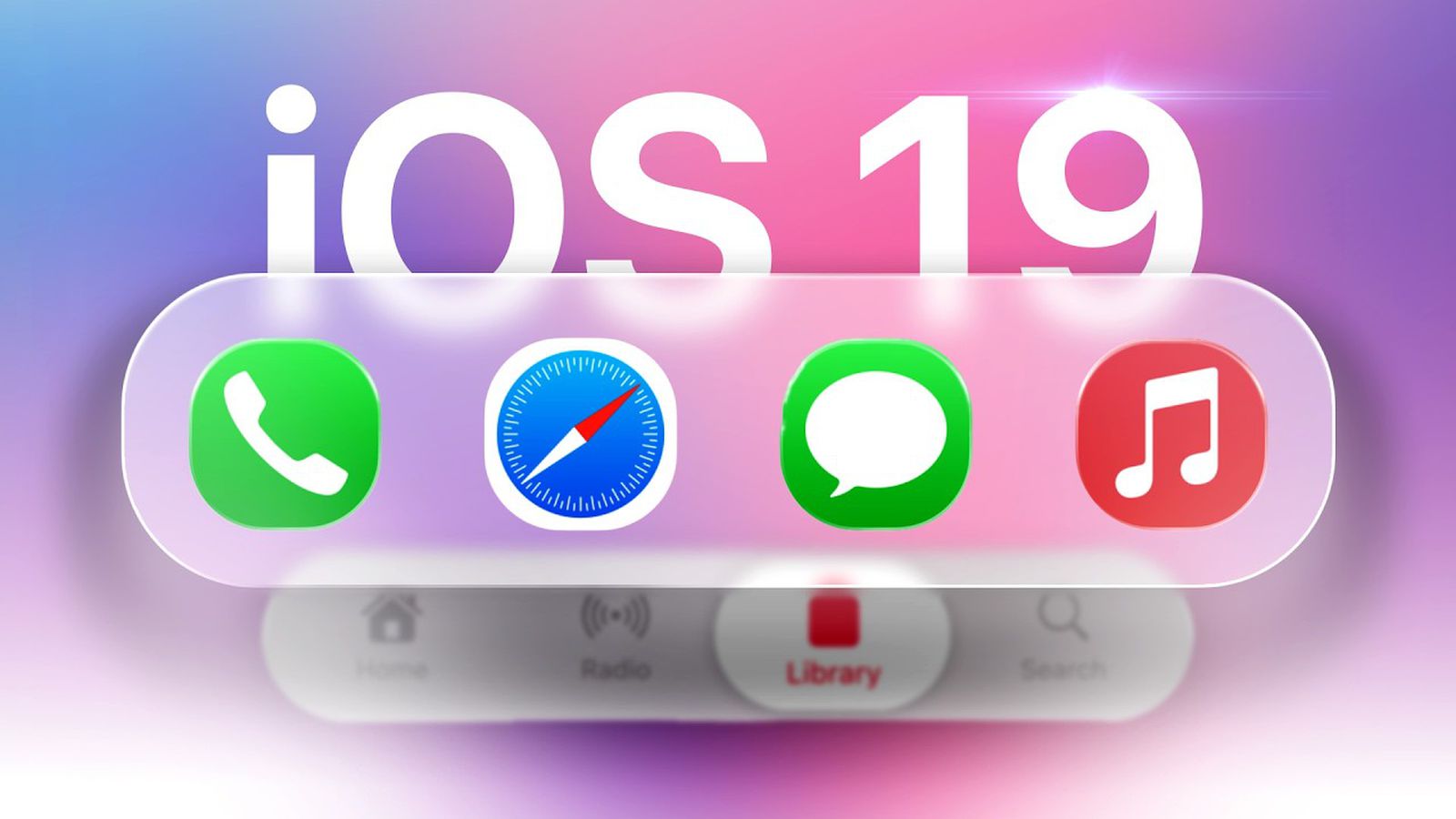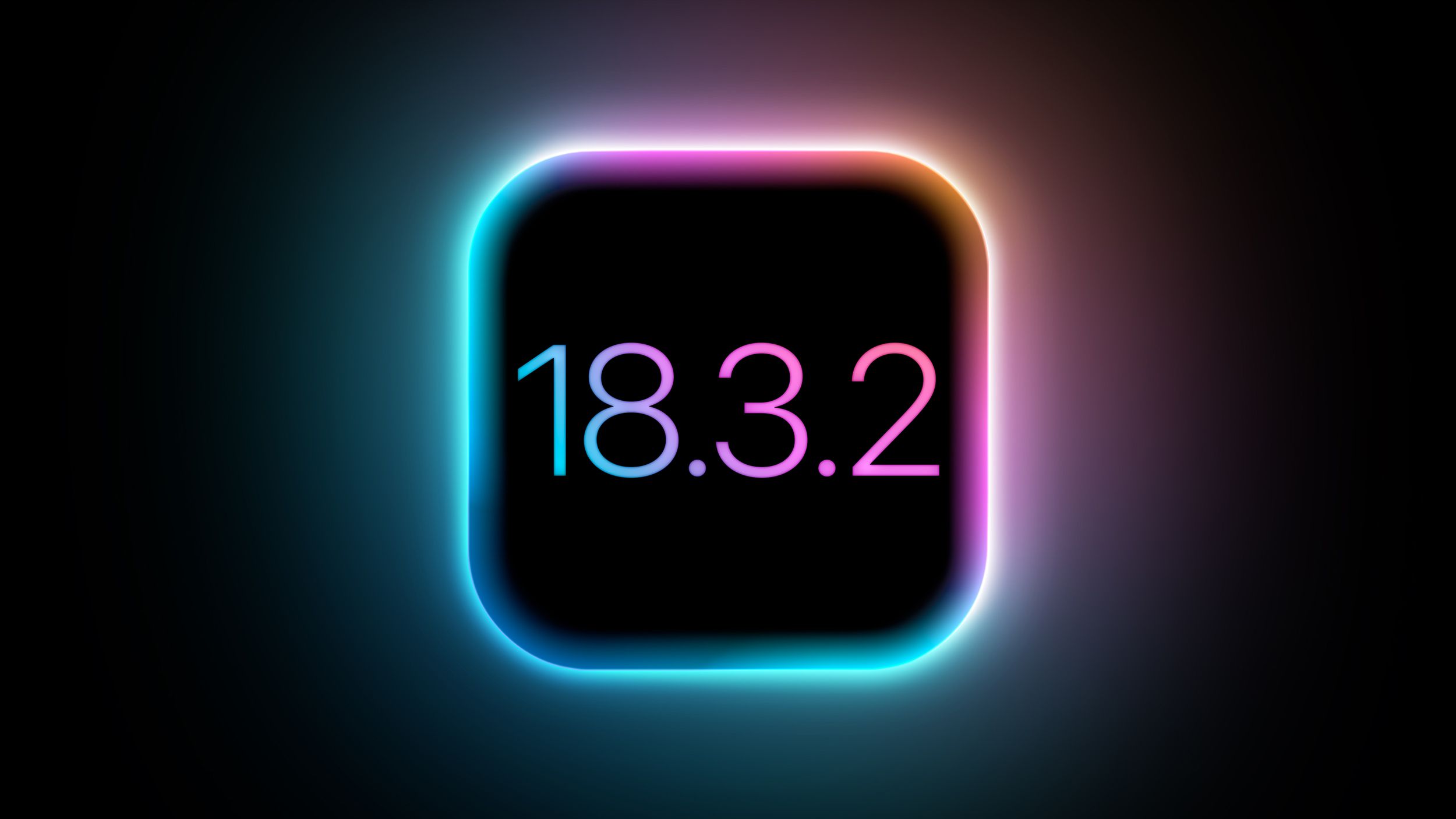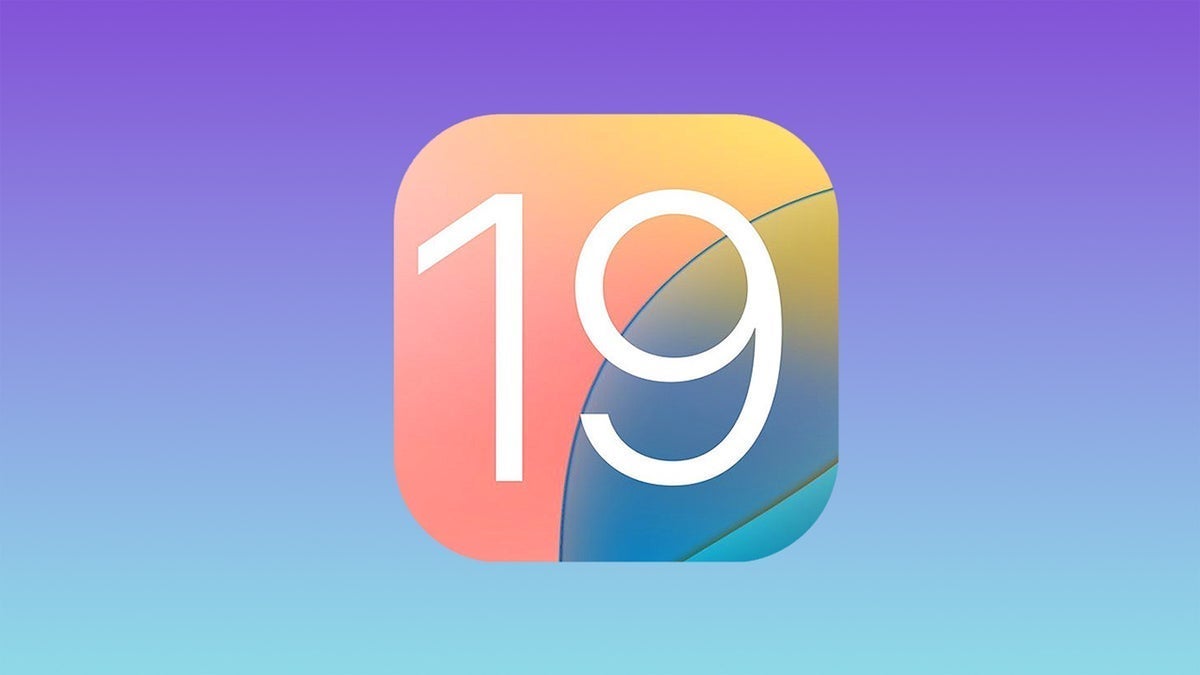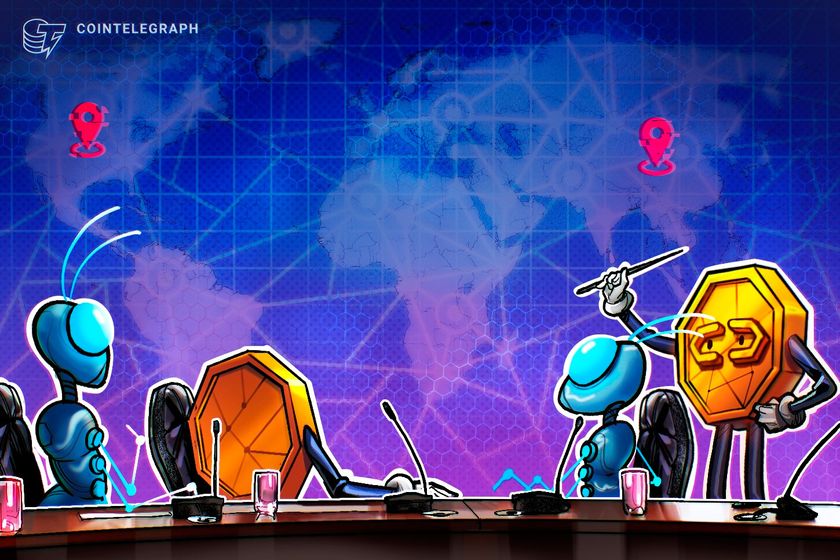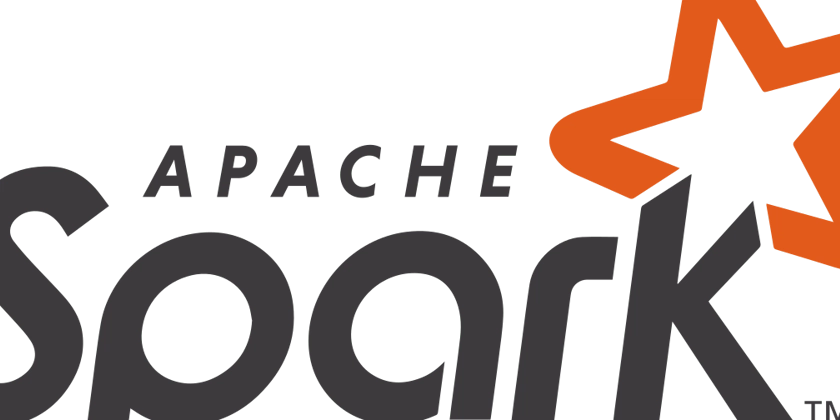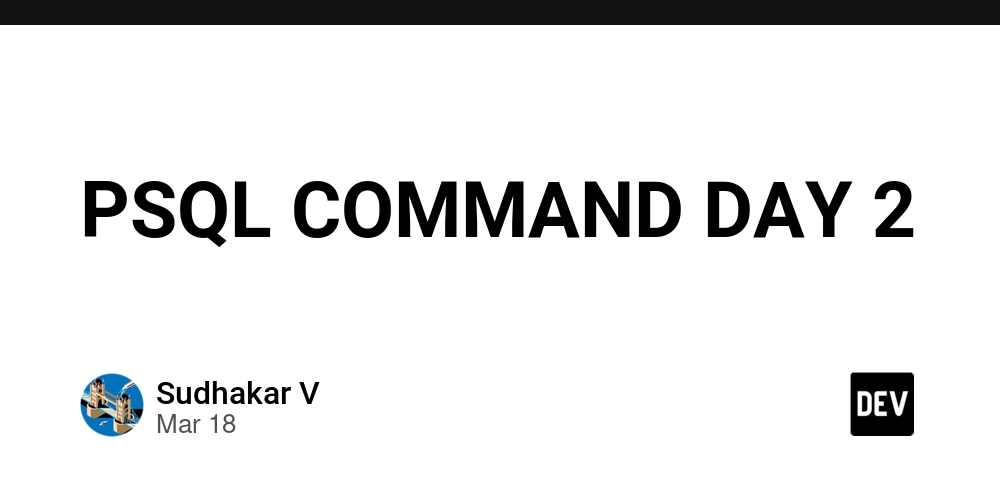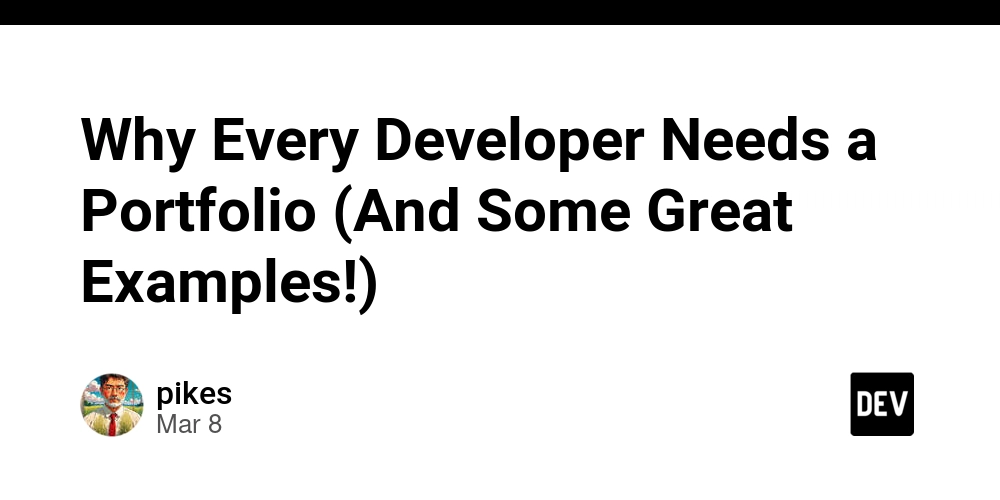From Zero to AI-Powered Job Assistant: How I Built JobQuest AI in 48 Hours with Autogen and Selenium
Just two days ago, terms like "Autogen" and "headless browser automation" were foreign concepts to me. Today, I'm proud to share JobQuest AI - an intelligent job-hunting assistant that completely transforms how professionals search for opportunities. Here's my journey from complete beginner to functional AI product. The Inspiration: Frustration Leads to Innovation As someone who recently went through the exhausting job search process, I experienced firsthand how inefficient traditional methods are: Endlessly scrolling through job boards Manually tailoring each application Guessing at salary expectations Preparing uniquely for every interview I realized: What if AI could handle 80% of this grind? That spark led me down a 48-hour coding marathon. Day 1: Diving Into the Unknown My first challenge was understanding Autogen, Microsoft's framework for creating collaborative AI agents. After reading documentation and experimenting: I built a "Searcher Agent" to understand job requirements Created a "Writer Agent" specialized for cover letters Developed a "Salary Analyst" using Gemini's market data Implemented conversation flows between agents Key breakthrough: Autogen's ability to have agents debate and refine outputs before presenting to users resulted in significantly higher quality suggestions. Day 2: The Web Scraping Challenge When I hit API limitations, I turned to Selenium: Mastered headless browser automation Built LinkedIn job scrapers that mimic human browsing patterns Implemented intelligent pagination handling Added proxy rotation to avoid detection The most satisfying moment? Watching the scraper perfectly extract and categorize 50+ job listings in under a minute. The Complete Tech Stack Core Framework: Python 3.11 (for stability and async support) Streamlit (for the clean, interactive dashboard) Autogen (multi-agent orchestration) AI Components: Groq API (ultra-fast LLM inference) Google Gemini (for salary/insight generation) Custom fine-tuned prompts (to maintain professional tone) Data Pipeline: Selenium WebDriver (headless Chrome) BeautifulSoup4 (HTML parsing) Custom NLP filters (for skill matching) Utility Layer: Python-dotenv (secure credential management) Loguru (beautiful logging) Pandas (data organization) Key Features That Make It Powerful Smart Job Matching Analyzes 100+ listings in minutes Scores matches based on your profile Highlights best-fit opportunities AI-Powered Cover Letters Generates tailored drafts in 15 seconds Maintains consistent professional voice Incorporates key job requirements Interview Preparation Suite Technical question predictions Company-specific advice Behavioral question drills Salary Negotiation Assistant Real-time market benchmarks Customized compensation analysis Benefits package evaluation The Development Challenges Rate Limiting: Solved with intelligent request throttling and cacheing Dynamic Web Content: Overcame with hybrid CSS/XPath selectors AI Hallucinations: Implemented a verification layer using consensus scoring Why This Changes Job Hunting Traditional job search tools are passive. JobQuest AI is: Proactive (searches for you) Adaptive (learns from your preferences) Comprehensive (handles the entire application cycle) What's Next? Adding Indeed and Glassdoor integration Developing a Chrome extension Implementing PDF resume parsing Final Thoughts This 48-hour sprint taught me that: Modern AI tools can automate complex workflows Web scraping remains an essential skill The best solutions come from personal pain points Try JobQuest AI Today: https://github.com/Zedoman/Job_Hunt
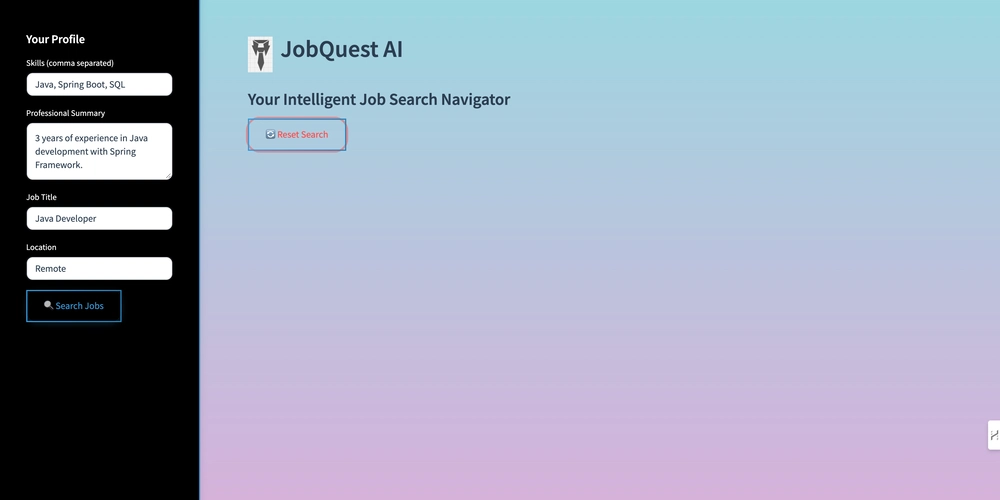
Just two days ago, terms like "Autogen" and "headless browser automation" were foreign concepts to me. Today, I'm proud to share JobQuest AI - an intelligent job-hunting assistant that completely transforms how professionals search for opportunities. Here's my journey from complete beginner to functional AI product.
The Inspiration: Frustration Leads to Innovation
As someone who recently went through the exhausting job search process, I experienced firsthand how inefficient traditional methods are:
Endlessly scrolling through job boards
Manually tailoring each application
Guessing at salary expectations
Preparing uniquely for every interview
I realized: What if AI could handle 80% of this grind? That spark led me down a 48-hour coding marathon.
Day 1: Diving Into the Unknown
My first challenge was understanding Autogen, Microsoft's framework for creating collaborative AI agents. After reading documentation and experimenting:
I built a "Searcher Agent" to understand job requirements
Created a "Writer Agent" specialized for cover letters
Developed a "Salary Analyst" using Gemini's market data
Implemented conversation flows between agents
Key breakthrough: Autogen's ability to have agents debate and refine outputs before presenting to users resulted in significantly higher quality suggestions.
Day 2: The Web Scraping Challenge
When I hit API limitations, I turned to Selenium:
Mastered headless browser automation
Built LinkedIn job scrapers that mimic human browsing patterns
Implemented intelligent pagination handling
Added proxy rotation to avoid detection
The most satisfying moment? Watching the scraper perfectly extract and categorize 50+ job listings in under a minute.
The Complete Tech Stack
Core Framework:
Python 3.11 (for stability and async support)
Streamlit (for the clean, interactive dashboard)
Autogen (multi-agent orchestration)
AI Components:
Groq API (ultra-fast LLM inference)
Google Gemini (for salary/insight generation)
Custom fine-tuned prompts (to maintain professional tone)
Data Pipeline:
Selenium WebDriver (headless Chrome)
BeautifulSoup4 (HTML parsing)
Custom NLP filters (for skill matching)
Utility Layer:
Python-dotenv (secure credential management)
Loguru (beautiful logging)
Pandas (data organization)
Key Features That Make It Powerful
- Smart Job Matching
Analyzes 100+ listings in minutes
Scores matches based on your profile
Highlights best-fit opportunities
- AI-Powered Cover Letters
Generates tailored drafts in 15 seconds
Maintains consistent professional voice
Incorporates key job requirements
- Interview Preparation Suite
Technical question predictions
Company-specific advice
Behavioral question drills
- Salary Negotiation Assistant
Real-time market benchmarks
Customized compensation analysis
Benefits package evaluation
The Development Challenges
Rate Limiting: Solved with intelligent request throttling and cacheing
Dynamic Web Content: Overcame with hybrid CSS/XPath selectors
AI Hallucinations: Implemented a verification layer using consensus scoring
Why This Changes Job Hunting
Traditional job search tools are passive. JobQuest AI is:
Proactive (searches for you)
Adaptive (learns from your preferences)
Comprehensive (handles the entire application cycle)
What's Next?
Adding Indeed and Glassdoor integration
Developing a Chrome extension
Implementing PDF resume parsing
Final Thoughts
This 48-hour sprint taught me that:
Modern AI tools can automate complex workflows
Web scraping remains an essential skill
The best solutions come from personal pain points
Try JobQuest AI Today:
https://github.com/Zedoman/Job_Hunt














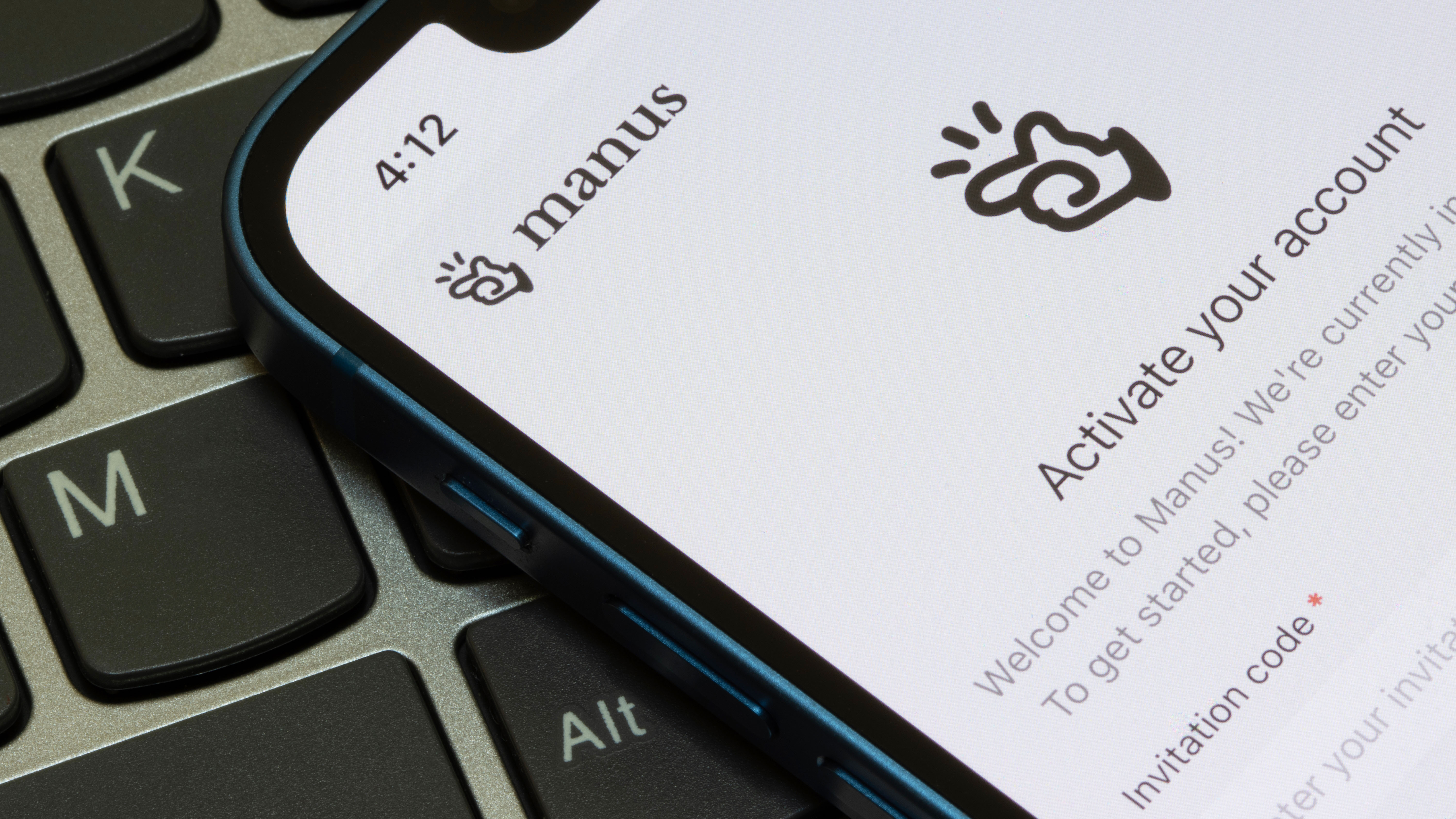








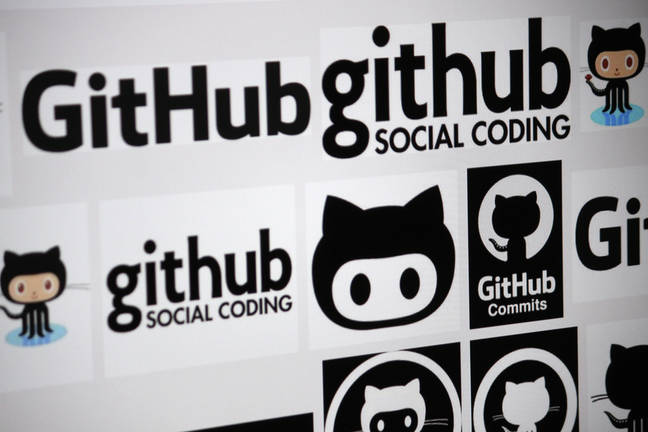


















































































































































![[The AI Show Episode 142]: ChatGPT’s New Image Generator, Studio Ghibli Craze and Backlash, Gemini 2.5, OpenAI Academy, 4o Updates, Vibe Marketing & xAI Acquires X](https://www.marketingaiinstitute.com/hubfs/ep%20142%20cover.png)
















































































































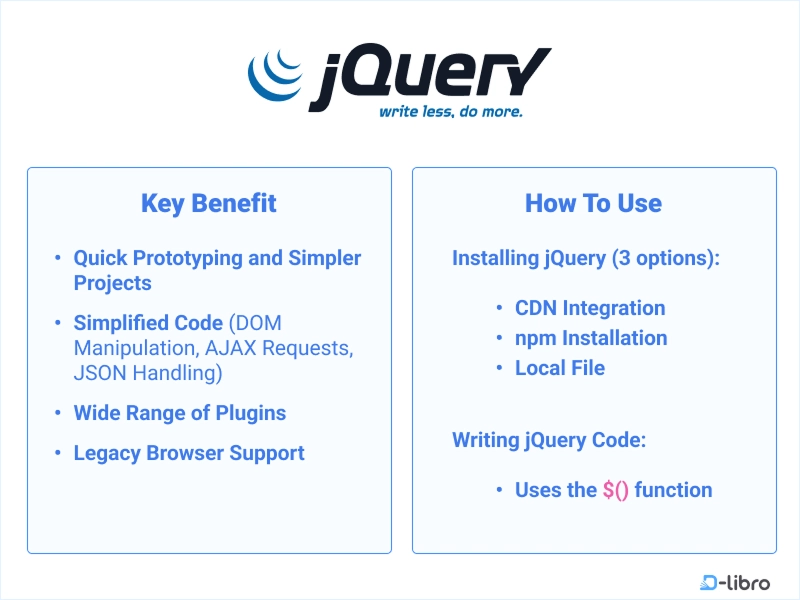












![From drop-out to software architect with Jason Lengstorf [Podcast #167]](https://cdn.hashnode.com/res/hashnode/image/upload/v1743796461357/f3d19cd7-e6f5-4d7c-8bfc-eb974bc8da68.png?#)


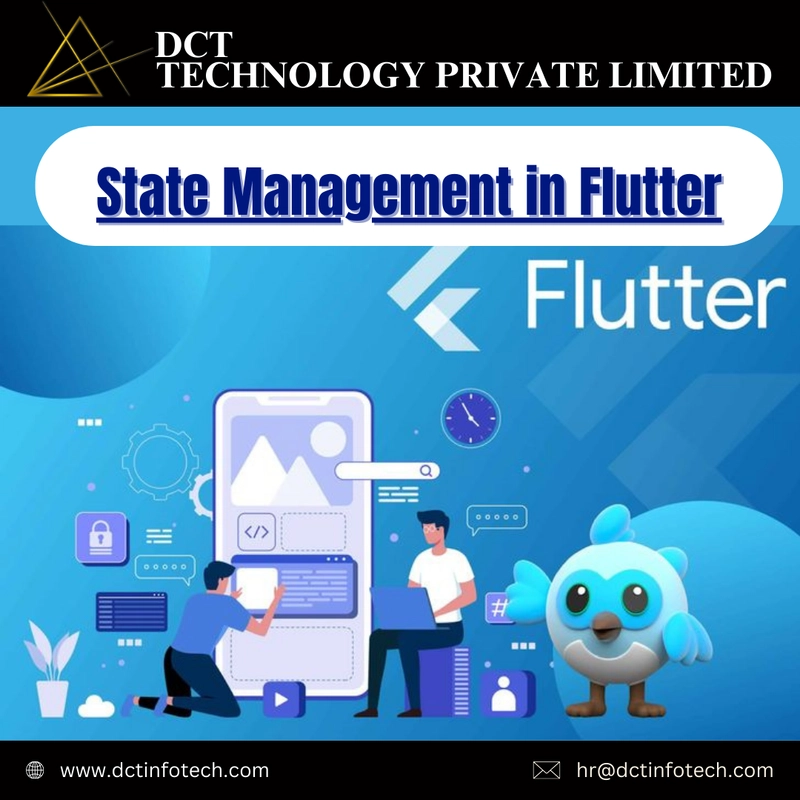
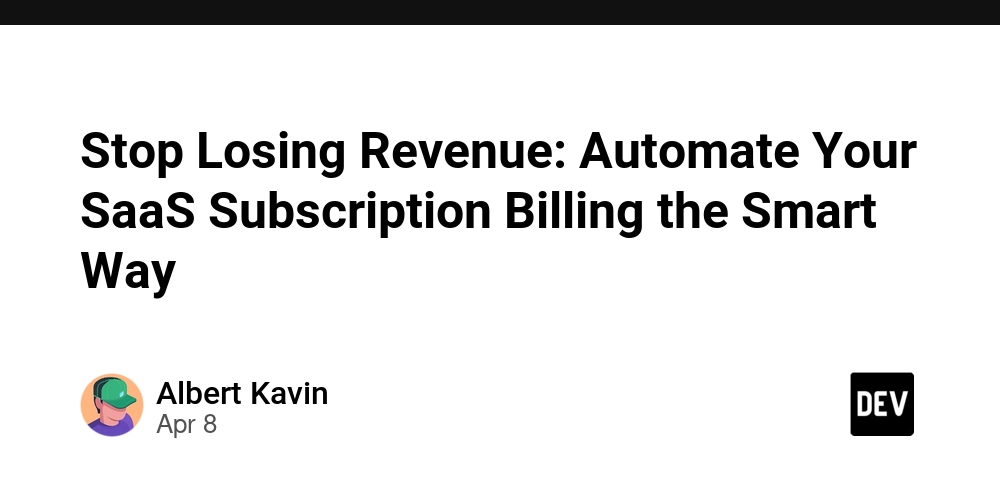











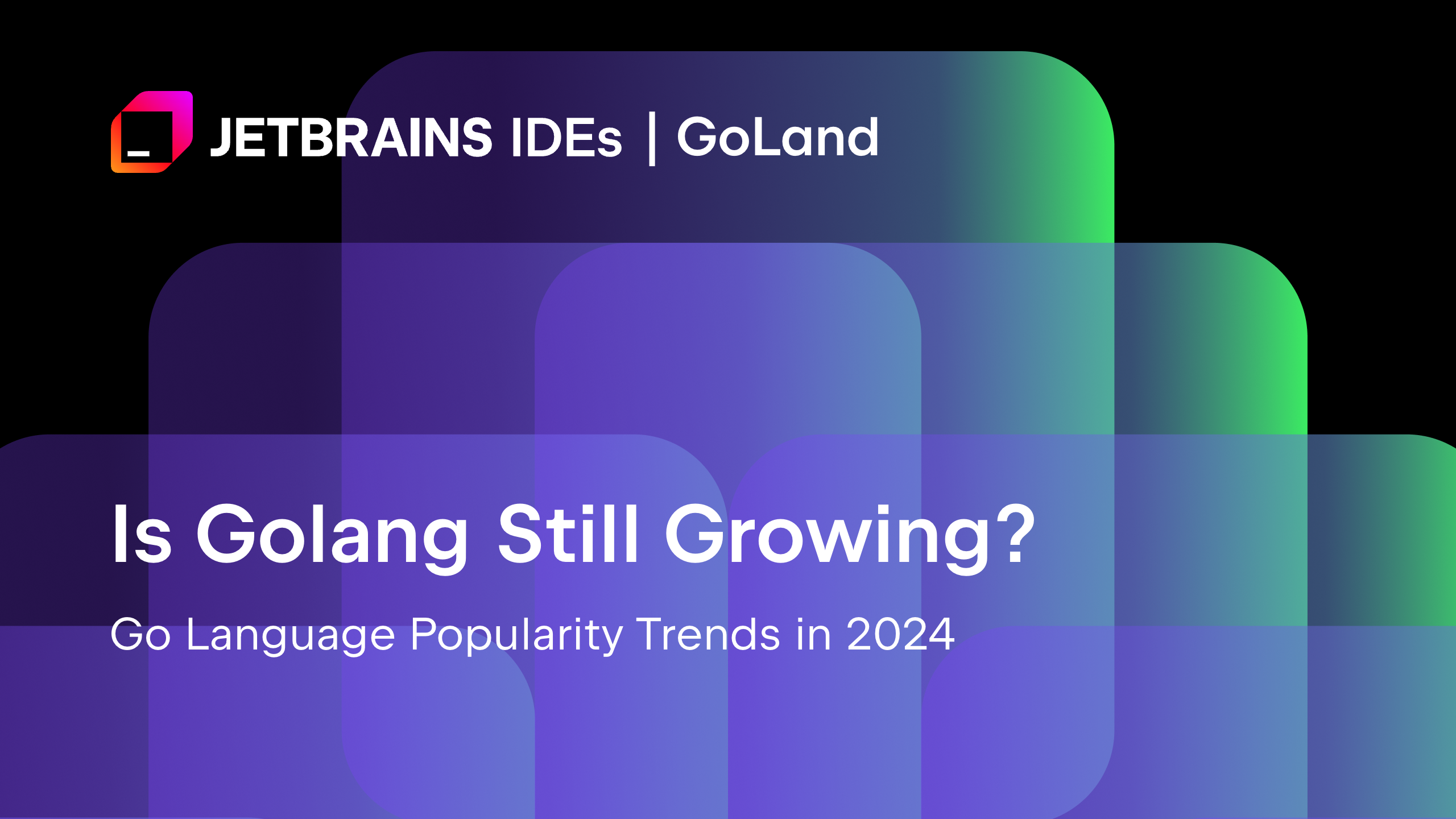




























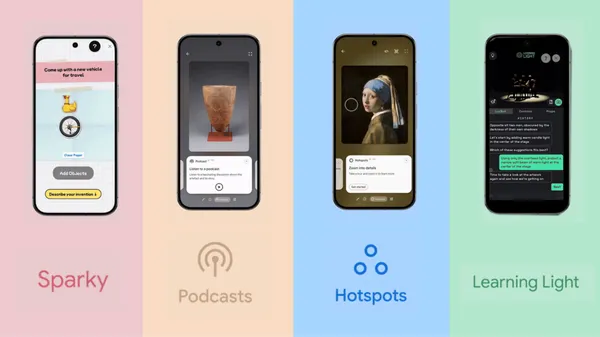

















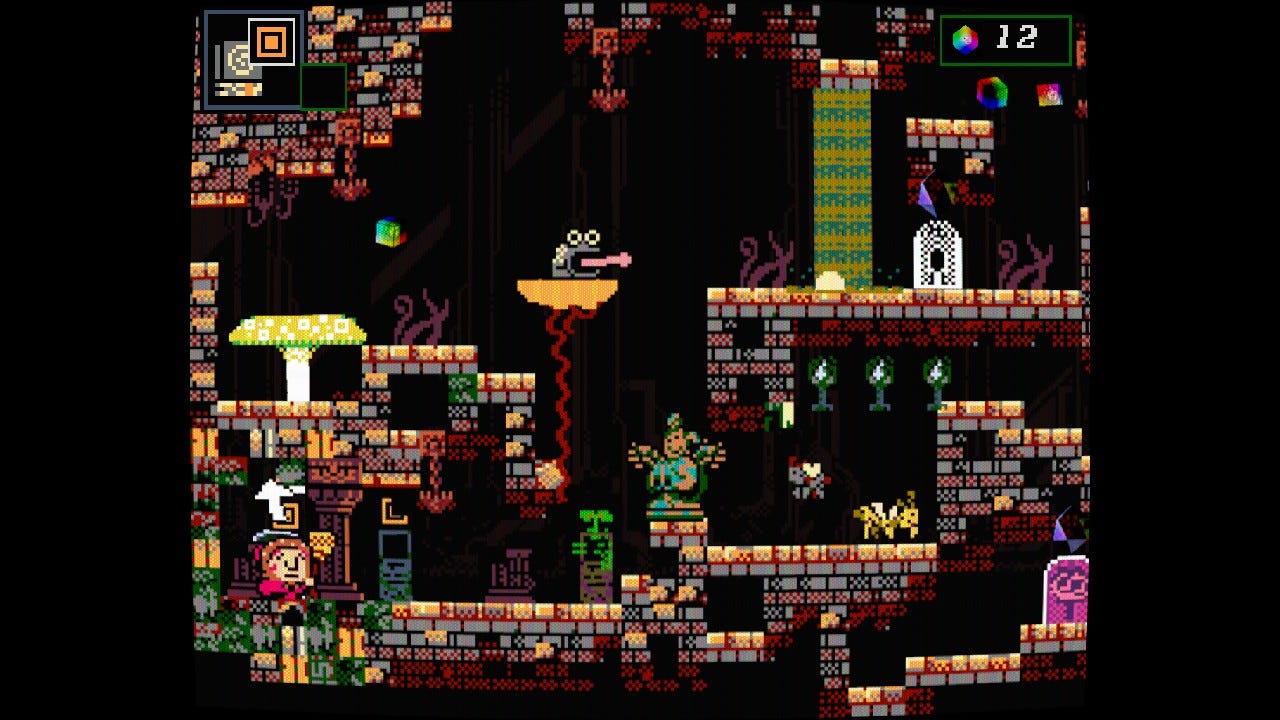





















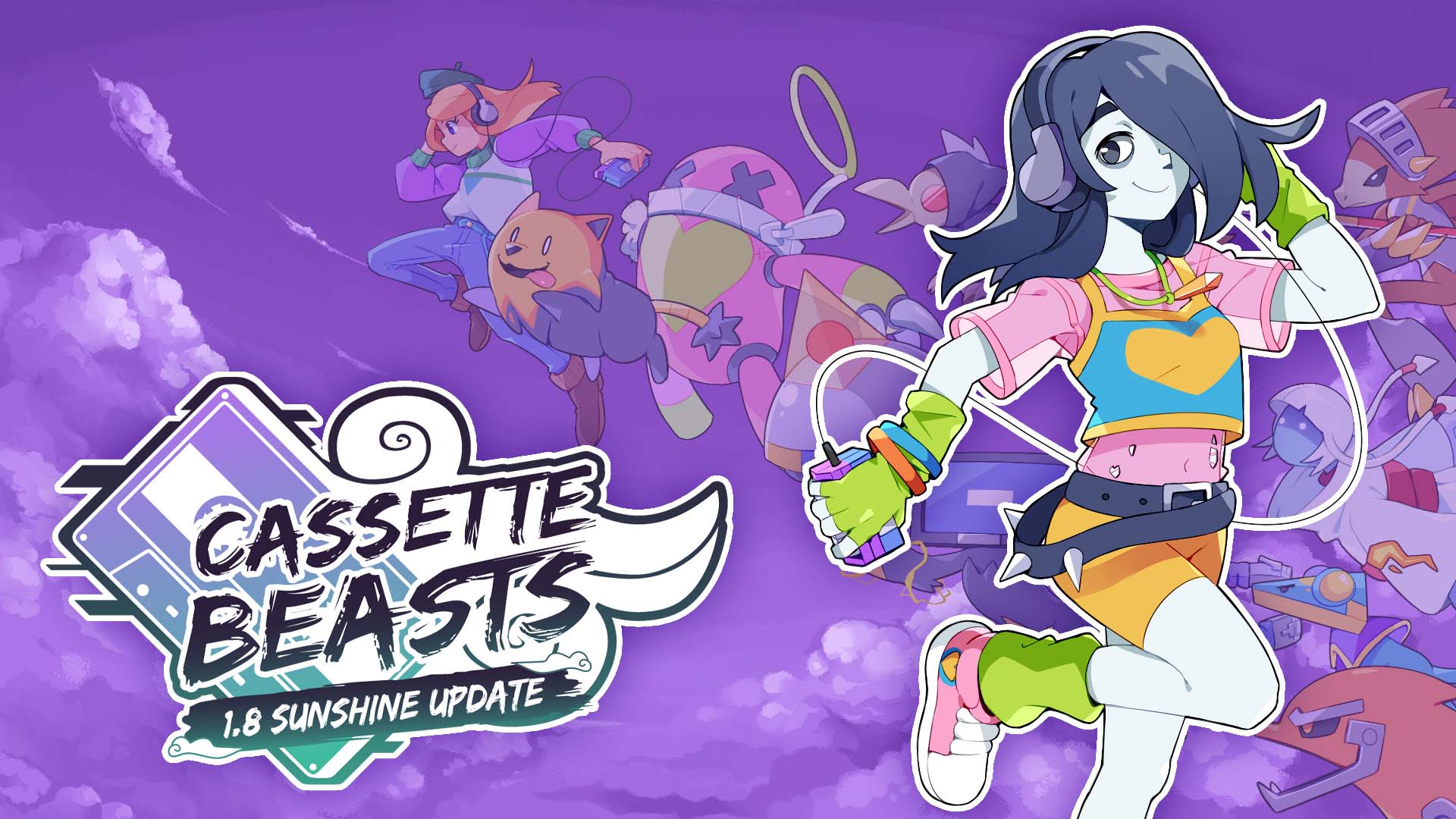
























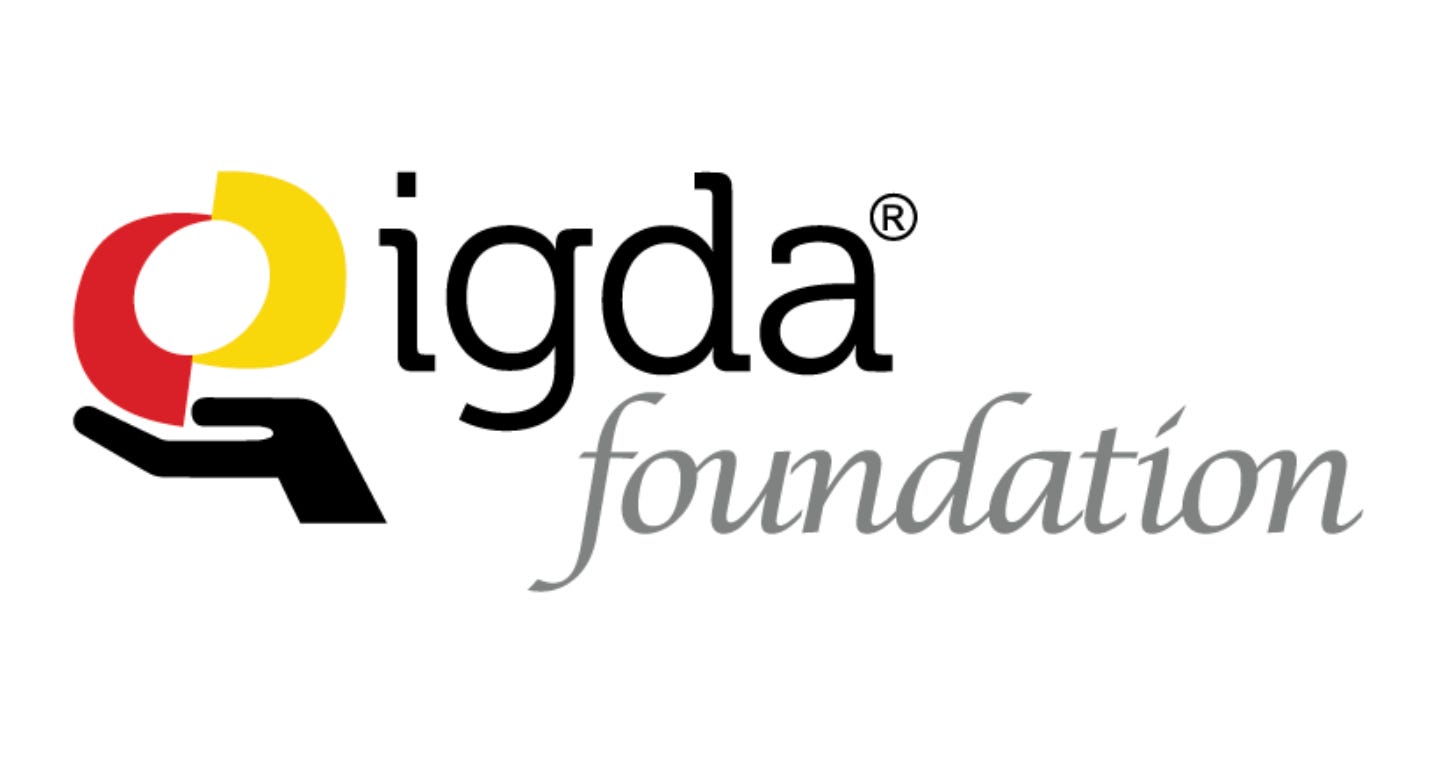

(1).jpg?width=1920&height=1920&fit=bounds&quality=80&format=jpg&auto=webp#)






























_NicoElNino_Alamy.png?#)
.webp?#)
.webp?#)













































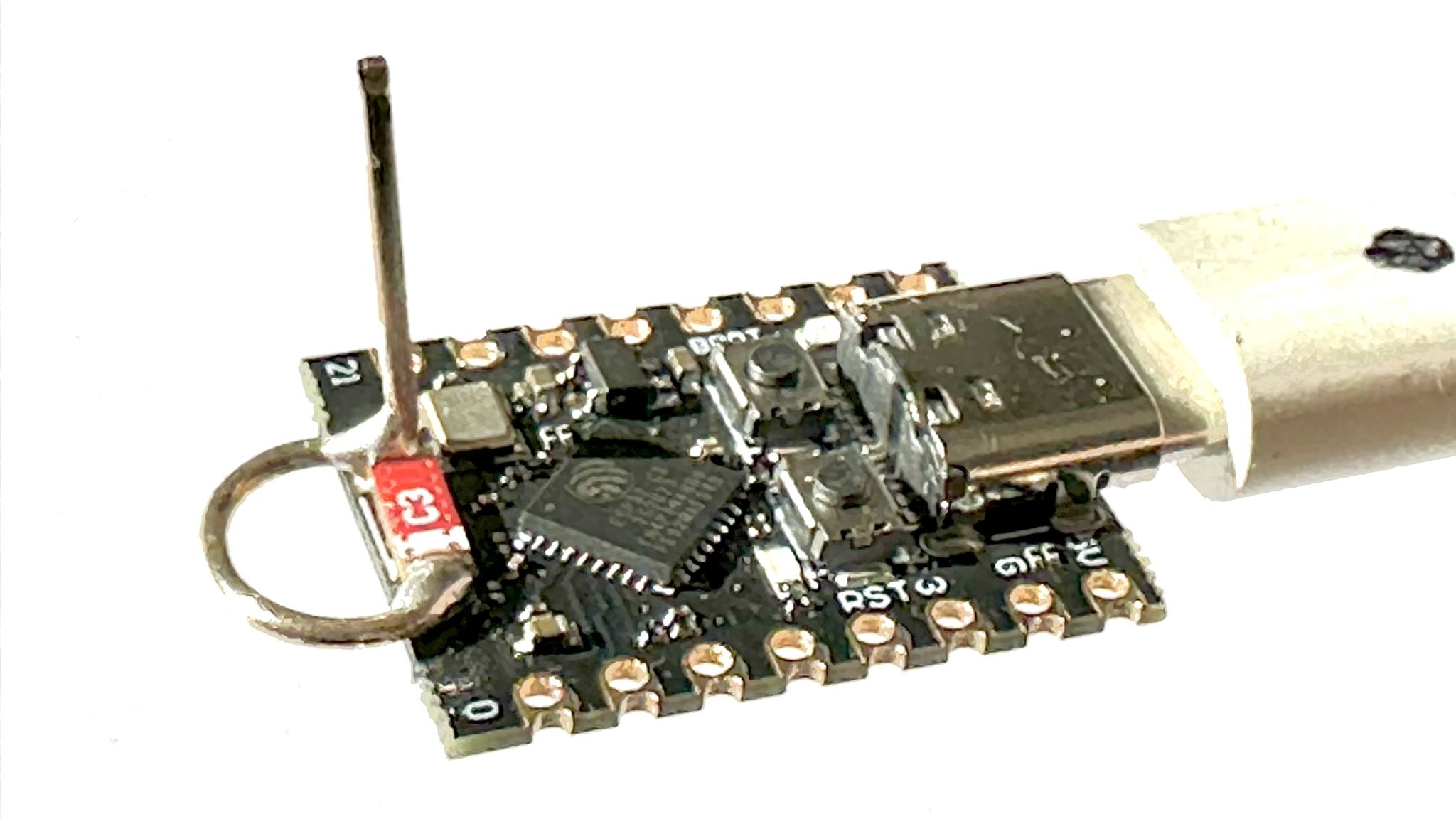
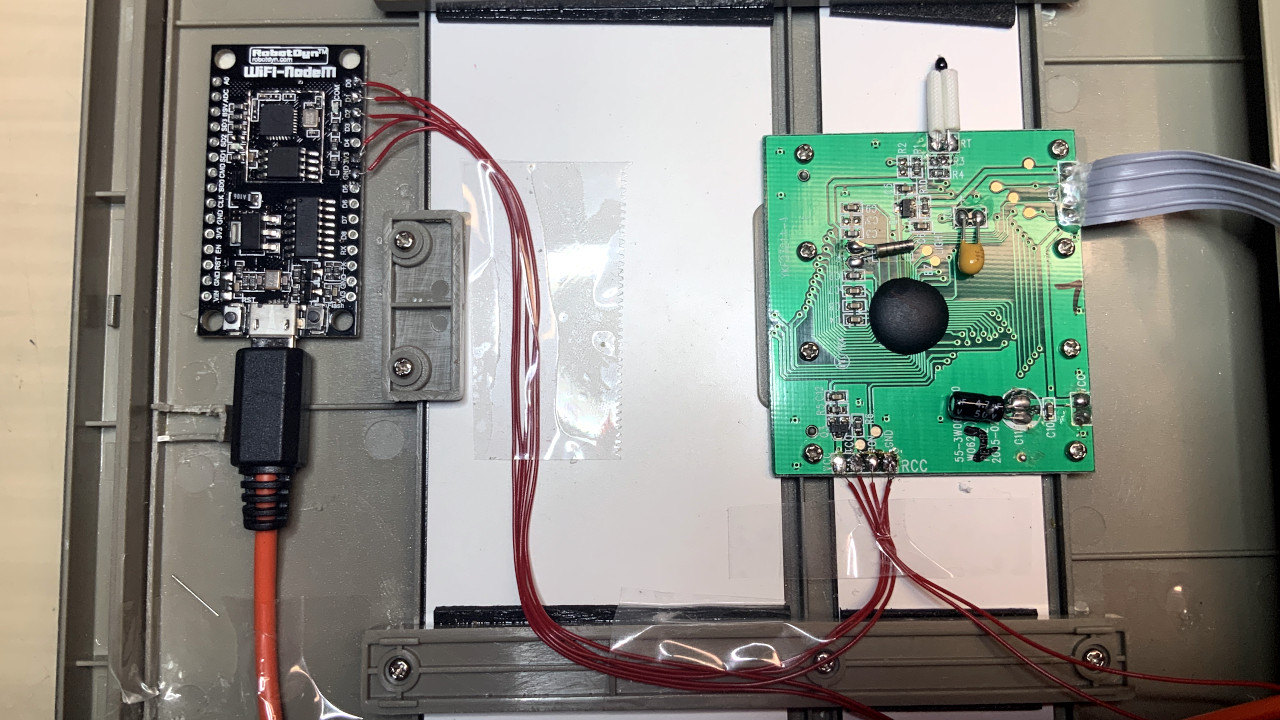
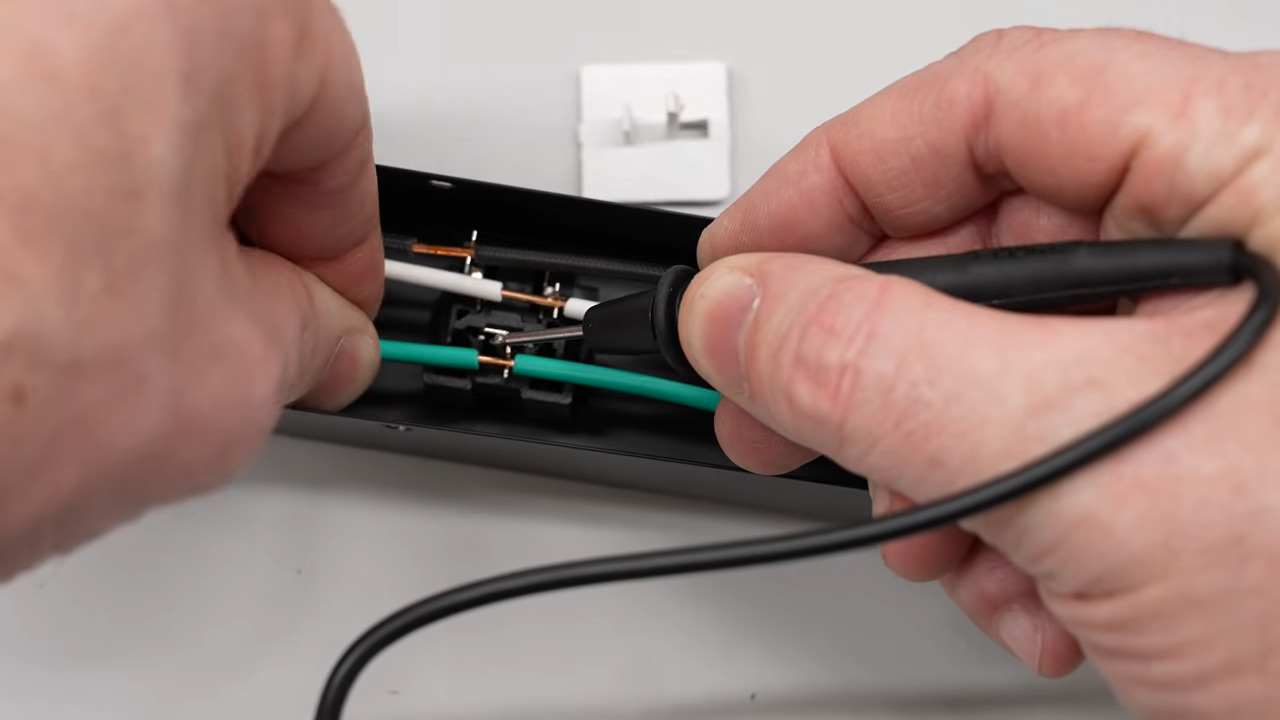

















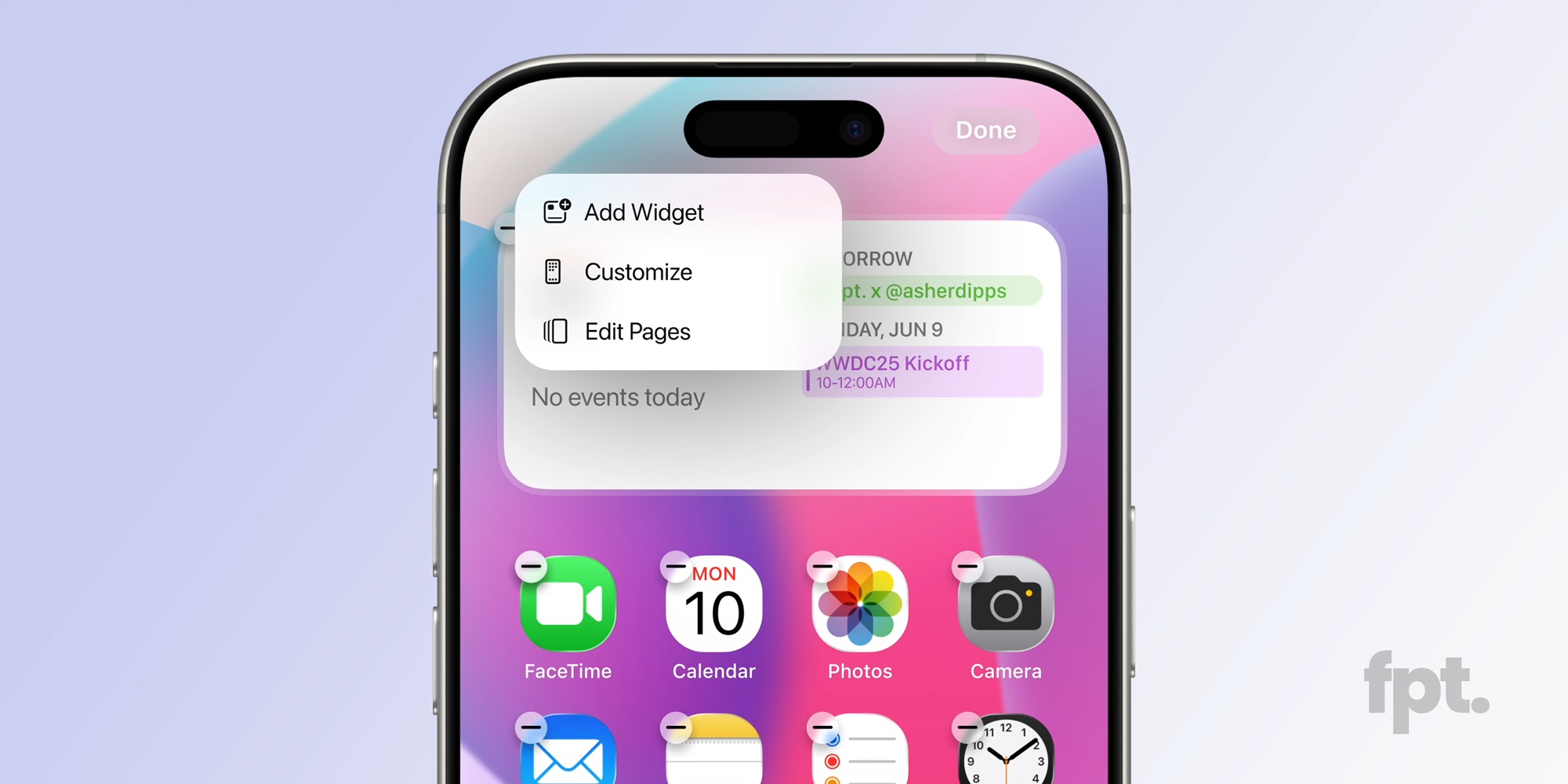




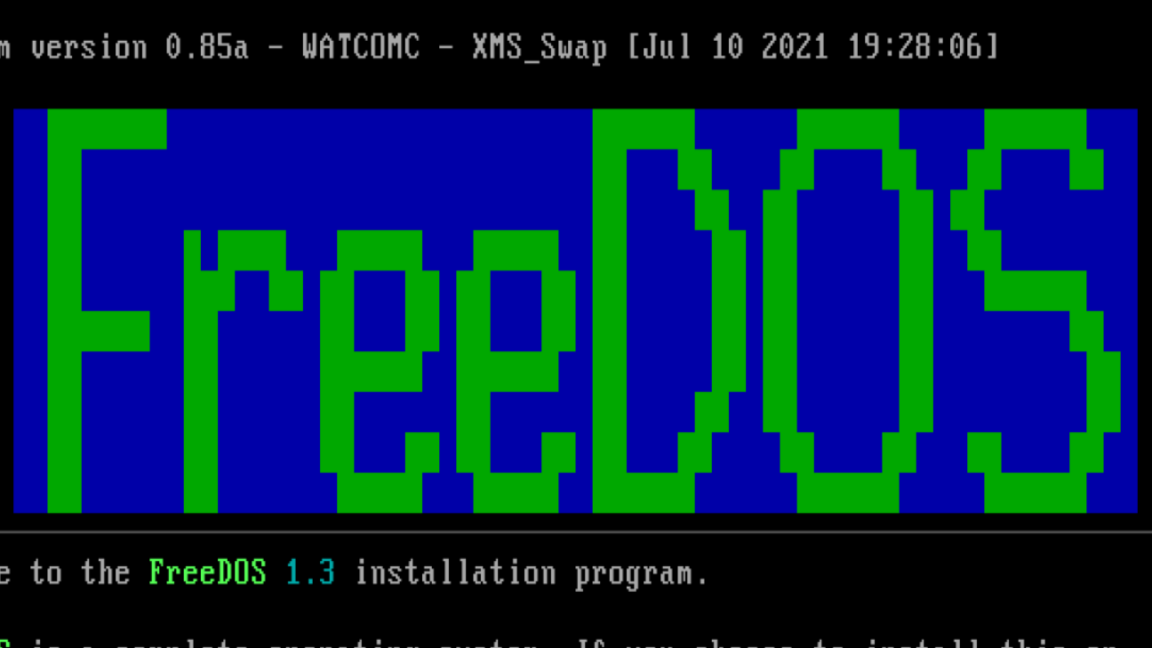
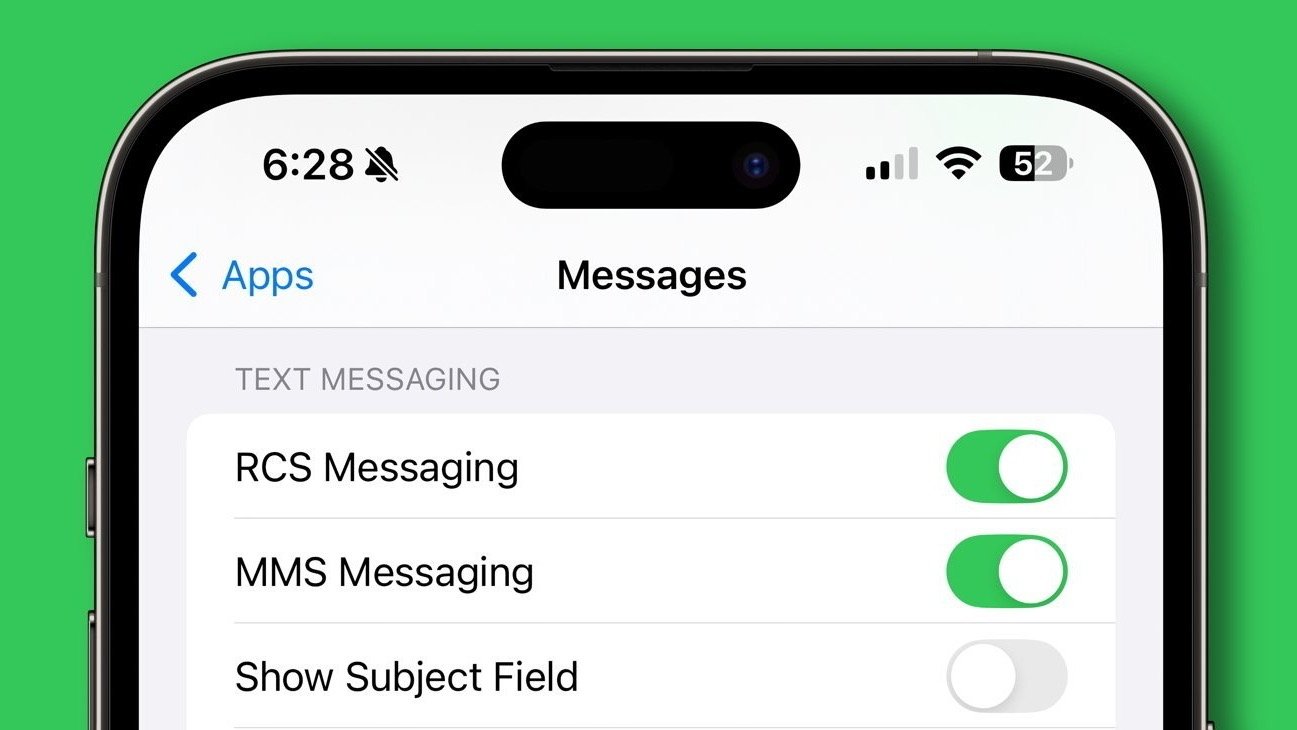
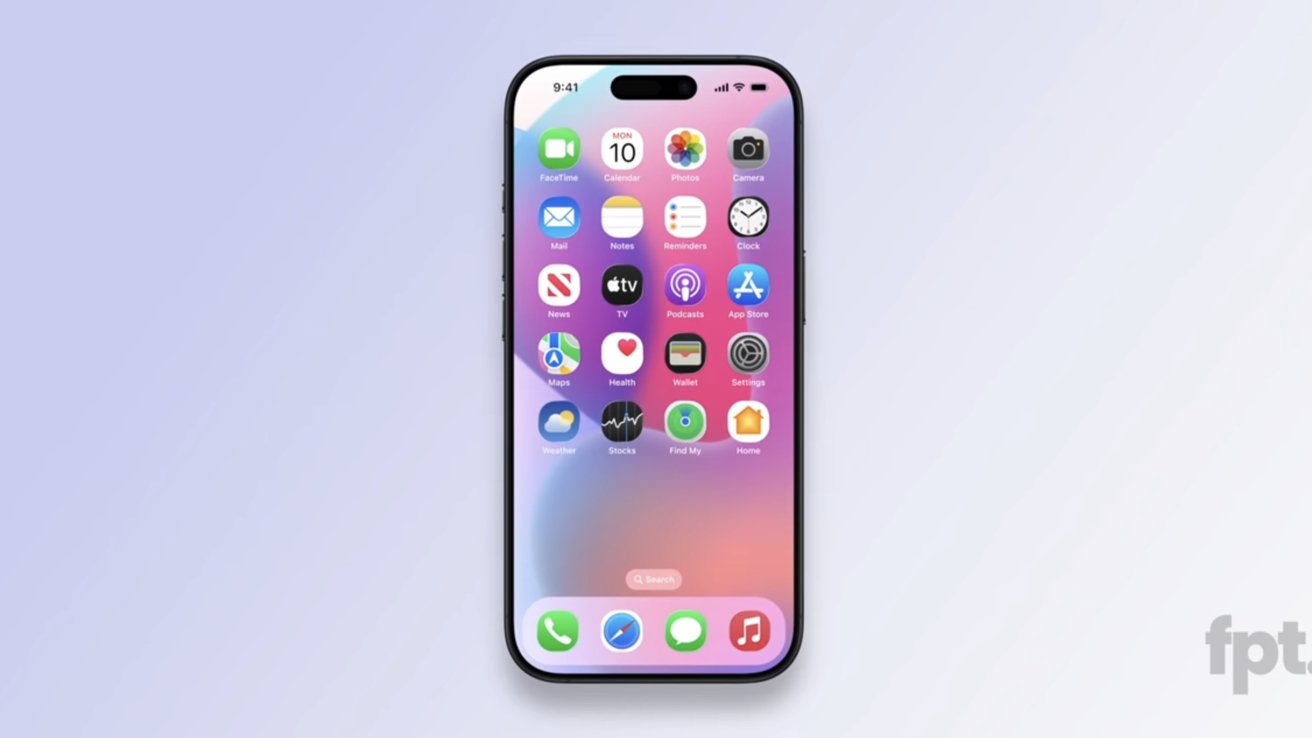





















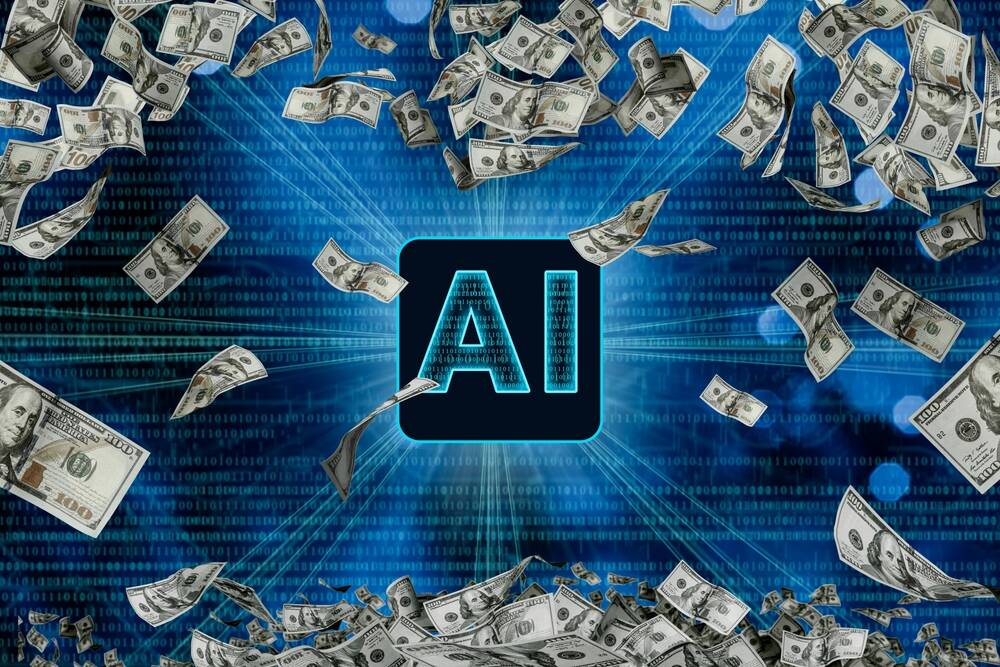

![New iOS 19 Leak Allegedly Reveals Updated Icons, Floating Tab Bar, More [Video]](https://www.iclarified.com/images/news/96958/96958/96958-640.jpg)

![Apple to Source More iPhones From India to Offset China Tariff Costs [Report]](https://www.iclarified.com/images/news/96954/96954/96954-640.jpg)
![Blackmagic Design Unveils DaVinci Resolve 20 With Over 100 New Features and AI Tools [Video]](https://www.iclarified.com/images/news/96951/96951/96951-640.jpg)















